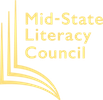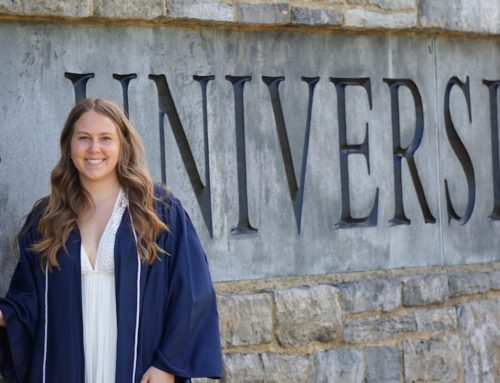For many people, interactions with the legal system come unexpectedly. They find themselves surprised when they are unprepared for their situation and confused at the complexity of it all. A new series of legal literacy information sessions, prompted by the initiative of Centre County Magisterial District Judge Donald M. Hahn, will go a long way to counter-act this dilemma. In this blog post, continued below, you’ll read more about his inspiration for the series. The presentations, free and open to the community, are aimed at “making sure people have a fundamental understanding of their rights and the court system,” according to Sharon D. Barney, President of the Centre County Bar Association, who organized the presenters. “We’re here to help people and make sure they know their basic rights.” See the full schedule here and register for an upcoming session.
Blog by Magisterial District Judge Donald M. Hahn
As a former Mayor of State College, I was sensitized to the importance to the university and the borough of attracting the best minds from around the world to learn and to teach here. Higher education is one of the many things in which America excels in a globally competitive environment, and it is a tribute to the quality of our universities and our country that students are willing to seek an education halfway around the world, rather than closer to home, where it is easier. Here, they are at a competitive disadvantage in terms of language, in terms of cultural and literary references, and in terms of access to a support network of family and friends. As a result, they have had to try harder in order to pursue their share of the American dream of a better life and better opportunities for themselves and their children. Penn State and State College are also at a competitive disadvantage, being on the east coast and in the heart of Appalachia. As a result, we have had to try harder to attract our share of international students to enrich America with their hearts, their minds, and their energy.
As an occasional tourist abroad, my two greatest fears are to be caught in a foreign country with either a medical problem or a legal problem. The American legal system is unique. While I believe that it is the best in the world, in terms of the importance of the rule of law, equal protection, and due process, it may seem strange and unfamiliar to those who have an imperfect command of the English language, or who do not understand local idioms or popular references, and where the police, the judges, and everyone else seems to know more about it than they do. If the success of the university is important to us, we must try harder to raise the comfort level of our international students with the legal system, to further the cause of justice for all, and to prevent our unique legal system from becoming yet another handicap for them.
While the international student community was the initial motivation for the legal literacy clinics, they are really for everyone. As a former consumer lawyer in private practice, I have noticed an increasing level of cynicism about our legal system, especially among low-to-moderate-income clients. One of the true tragedies about a belief that “the system is rigged against ordinary people” is the decline of the great American fighting spirit. Hopefully, by attending these clinics, both citizens and residents will gain a better understanding of our legal system and the tools they will need to protect their rights.
The topics are those which frequently arise in Centre County — criminal law, family law, landlord-tenant law, debtor-creditor law, and immigration law. Some are frequently seen in the magisterial district justice system. Some are not. However, they are all frequently encountered by those with limited resources, and a better understanding of them will hopefully raise the comfort level of regular people when dealing with them and promote the public interest of justice for all.



